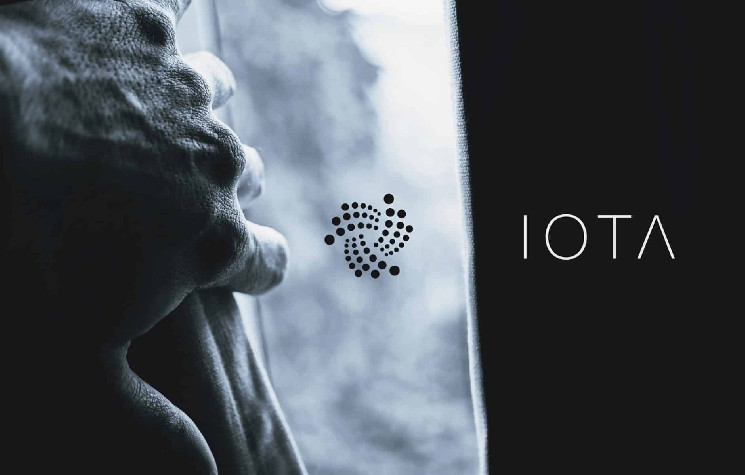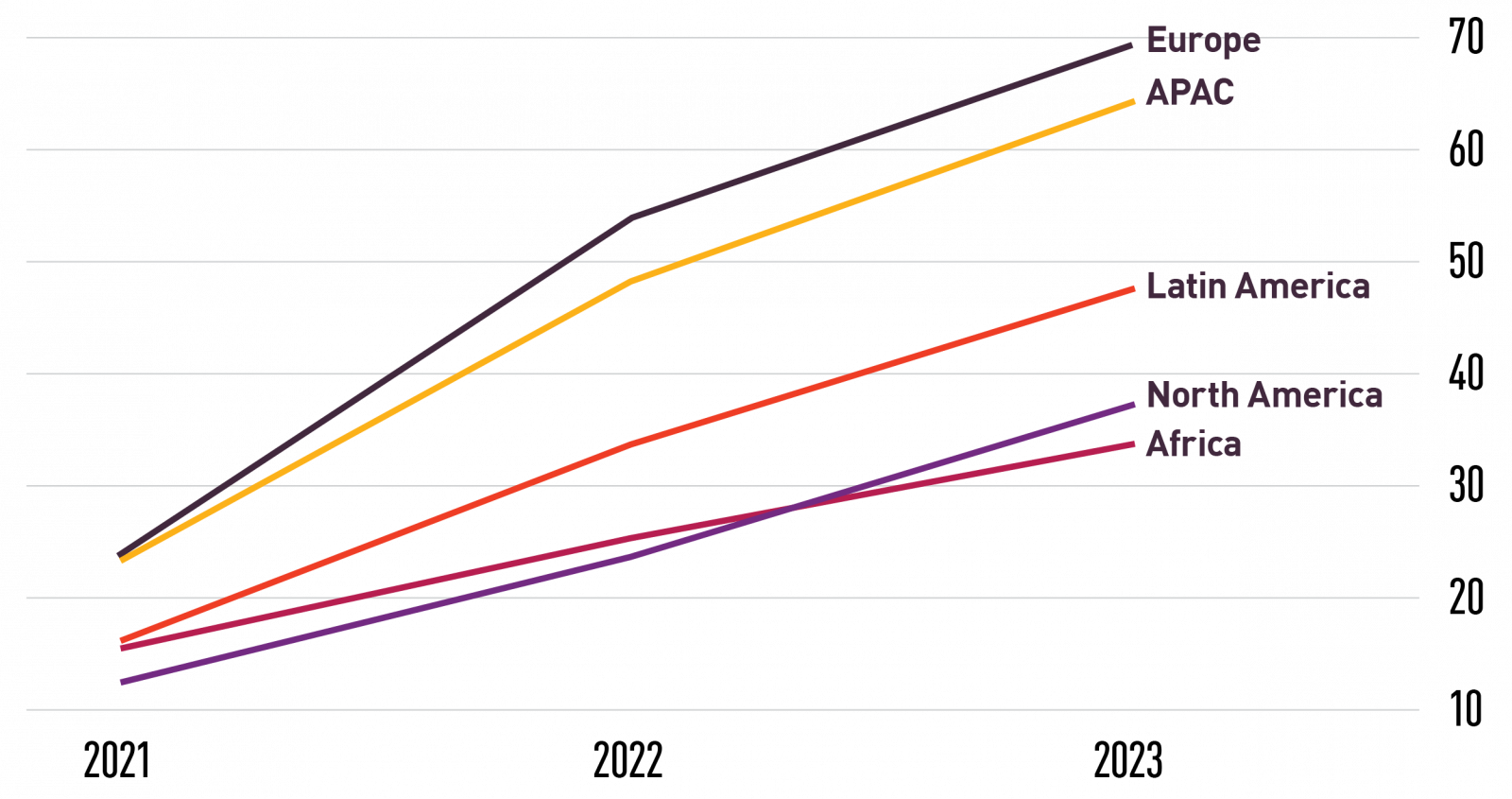New Study Reveals How IOTA Technology Can Boost Security for Smart Homes and Protect IoT Devices from Cyberattacks

- A new study by the University of Mosul details how IOTA improves security for smart homes to protect Internet of Things (IoT) devices from cyberattacks.
- The study proposes a new lightweight authentication model based on IOTA’s Tangle for an IoT-based smart house monitoring system.
We’re living in the era of the Internet of Things, with over 17 billion IoT devices today, a number that’s expected to double by the end of the decade. As the devices surge, so does the danger lurking from cyber criminals, and according to a new study, IOTA offers the best security for this sector.
Today, IOTA caters to several industries, from supply chain management to tokenization, as founder Dominik Scheiner told CNF in an interview earlier this year. However, at its founding, the network mainly targeted the machine-to-machine economy enabled by the Internet of Things. And despite diversifying, it remains the best network for IoT.
IOTA’s superiority was backed by a recent report by two researchers from the computer science department at the University of Mosul in Iraq. The two, Sameera Abbas Fadhel and Dr. Ahmed S. Nori, acknowledged that while blockchain offers superb data integrity and security, its “limitations in terms of scalability, throughput, and storage capacity” make blockchain “an unsuitable option for devices with limited resources in the IoT environment.”
The two proposed a new lightweight authentication model for an IoT-based smart house monitoring system that’s based on the IOTA Tangle and utilizes other technologies, such as decentralized identifiers and stronghold vault technologies.
1/7. A new study has been published on improving security for smart homes using #IOTA technology to protect IoT devices from cyberattacks. #IoT https://t.co/9jZYYfmrZf
— Salima (@Salimasbegum) August 25, 2024
IOTA for IoT
IoT is changing the world, enabling automation and efficiency by allowing devices to communicate autonomously. It’s impacting healthcare through remote monitoring, smart cities through automated administration processes, consumer experience through personalised interactions and much more.
However, researchers warn that IoT devices could be the next big target for hackers. According to one study by the World Bank, Europe, and APAC regions experience around 70 IoT attacks weekly per organization.

This makes security the most critical requirement for IoT networks, and according to the two researchers, IOTA may be the solution.
They believe that IOTA’s Directed Acyclic Graph (DAG) based technology “enhances the transactional throughput, decreases transaction confirmation time, minimizes control consumption and removes transaction charges, hence being more suitable in the IoT setting.”
One of IOTA’s advantages is feeless transactions. The network requires a user to approve two previous transactions in lieu of paying a fee, “thereby increasing the engagement of users in protecting the network without charging.”
And then there’s the scalability, where IOTA is unmatched by its peers, and with billions of devices and, potentially, trillions of daily transactions, IoT can only work on a network that scales massively.
4/7. #IOTA offers a solution: its #Tangle technology enables secure, fast connections between #IoT devices, without fees and without the risk of centralized failure.
— Salima (@Salimasbegum) August 25, 2024
The researchers stated:
Moreover, unlike the blockchains fixed to traditional single chain processing of transactions, IOTA works with the structure called Tangle which enables parallel processing of the transaction. This design greatly enhances the system‟s generated throughput and scalability which makes IOTA capable of accommodating a larger number of users and transactions in its network.
IOTA trades at $0.1404, dipping 2.9% in the past day.





 Bitcoin
Bitcoin  Ethereum
Ethereum  Tether
Tether  Dogecoin
Dogecoin  USDC
USDC  Cardano
Cardano  TRON
TRON  Chainlink
Chainlink  Bitcoin Cash
Bitcoin Cash  LEO Token
LEO Token  Stellar
Stellar  Litecoin
Litecoin  Cronos
Cronos  Hedera
Hedera  Ethereum Classic
Ethereum Classic  Dai
Dai  Stacks
Stacks  Monero
Monero  OKB
OKB  Cosmos Hub
Cosmos Hub  Algorand
Algorand  Theta Network
Theta Network  Maker
Maker  KuCoin
KuCoin  Gate
Gate  Polygon
Polygon  NEO
NEO  Tezos
Tezos  Zcash
Zcash  Tether Gold
Tether Gold  Synthetix Network
Synthetix Network  IOTA
IOTA  Bitcoin Gold
Bitcoin Gold  TrueUSD
TrueUSD  Zilliqa
Zilliqa  Holo
Holo  0x Protocol
0x Protocol  Enjin Coin
Enjin Coin  Dash
Dash  Qtum
Qtum  Siacoin
Siacoin  Ravencoin
Ravencoin  Basic Attention
Basic Attention  Decred
Decred  Ontology
Ontology  NEM
NEM  Lisk
Lisk  DigiByte
DigiByte  Waves
Waves  Status
Status  Nano
Nano  Numeraire
Numeraire  Hive
Hive  Pax Dollar
Pax Dollar  Steem
Steem  Huobi
Huobi  BUSD
BUSD  OMG Network
OMG Network  Ren
Ren  Bitcoin Diamond
Bitcoin Diamond  Bytom
Bytom  Kyber Network Crystal Legacy
Kyber Network Crystal Legacy